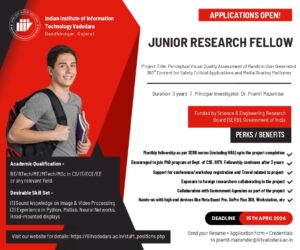Reading written material can be tedious, especially if you aren’t interested in the subject matter. Even if you are, textbooks sometimes feel like they were reported to be boring. However, once you’ve allowed yourself to “relax your eyes,” they’re likely to stay that way for far longer than five minutes.
A vital study skill for student achievement is practical textbook reading. Almost every class requires you to read them. Some writers don’t understand it: writing should interest, not bore, readers. Unfortunately, much academic writing is tedious to read.
If you’re in college, though you’re pursuing an associate’s degree or a Ph.D., some professor will assign you to read a dozen or more novels for one three-credit course. This works out to around one book per week. Some of you read pretty quickly. You can read a novel in a few evenings if you hurry. When we don’t remember what we’ve read, we lose time and energy revisiting the book—time that could have been spent reading anything else.
People nowadays read, and they read a lot. Even if you aren’t reading a manual or a textbook, you almost certainly read anything on your smartphone or tablet. If you’ve done any reading practice before, you’ll know how easy it is to fall asleep just as you get to the next page. You begin reading one day and then wake up the next. You can even interact with Justlearn.com tutors for more efficient reading.
Not everyone falls asleep while reading, and not everyone falls asleep for the same reasons. Experts believe that a range of factors contributes to people falling asleep while reading.
Reading necessitates consistent eye movement as your eyes follow the text across the page. It also necessitates mental effort since your brain must translate the letters your eyes see into meaningful words, phrases, and paragraphs. Because your brain works hard and your eye muscles tire, it’s only natural that they need to rest, causing your eyes to close slowly and sleep to take control.
Try To Stay Awake While Reading
Don’t worry, and we’ve all been there: the moment you convince yourself that you have enough time in one day to do all of your tasks, from studying to laundry. You become so engrossed in your to-do list that you imagine you have an extra hour before bed to devote to good reading. So you start reading, and the next day you wake up. You do fall asleep. Maybe you just thought to yourself, “I’ll just close my eyes for a second,” and the same thing happened: you awoke the next day.
Try to find big ideas in the textbook
Textbooks are pretty comprehensive. You won’t absorb every piece of information in a chapter, even if you need to be complete. You must concentrate on the most critical issues. For additional information, see our filtering posts. Textbooks are helpful because they put the Big Ideas into context, but be careful not to become bogged down in the details. You’ll be able to sort through the mass of material available if you read for the Big Ideas first.








